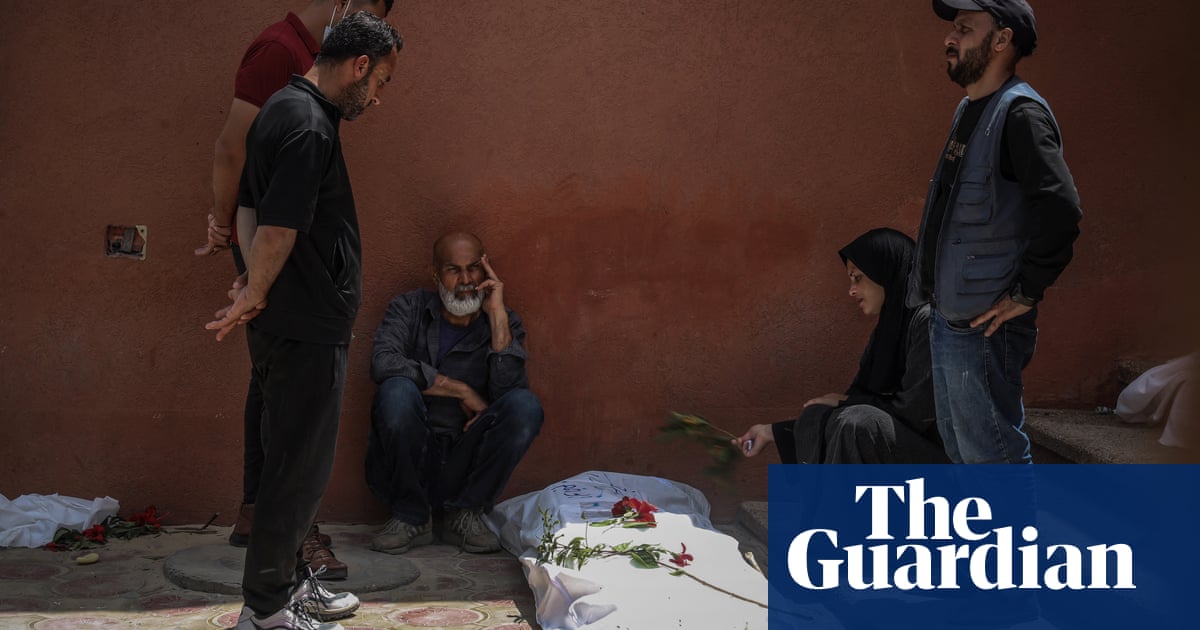
Small children fleeing burning homes being tossed back inside to their deaths by Myanmar Army soldiers; women tied by their hair to trees and brutally and repeatedly raped; landmines deployed at escape routes to villages for dismembering terrified, fleeing citizens; forced labor until exhausted workers are put out of their misery with a gunshot; systematic torture. Every paragraph of a new 440-page UN report bleeds with myriad incomprehensible horrors endured by the Rohingya people over recent months. “I have never been confronted by crimes as horrendous and on such a scale,” lamented the UN’s chief investigator.
Genocide is not a word the UN deploys lightly. Indeed, it steadfastly refused to apply the term for numerous other horrific conflagrations around the world. Yet, when an entire people faces extermination and “the gravest crimes under international law” have been committed, what other label could be legitimately applied?
The UN’s report describes a “toxic command climate” within the Myanmar military, where gruesome, systematic violations were used routinely against defenseless villagers. A death toll of 10,000 killed within a two-month period was a “conservative” figure. The actual toll is probably several times higher; along with vast numbers of displaced — 750,000 in Bangladesh alone. Rape was deployed with particular regularity and ferocity as a weapon of war: The forests of Rakhine province are littered with the bloodied bodies of murdered women, visibly subjected to severe sexual violence before being slaughtered. Thousands of traumatized women cower in refugee camps, scarcely able to discuss their dehumanizing experiences.
The report calls for military commanders to be prosecuted for crimes against humanity, describing this catastrophe as “planned, foreseeable and inevitable.” The genocide followed a protracted campaign of media demonization, portraying the Rohingya as foreign, subhuman terrorists who stole land. Facebook came in for particular criticism for hosting a brutal campaign of hate speech and incitement, with the company initially refusing to remove comments calling for the killing of those who cooperated with the UN’s investigation, as such posts “did not contravene Facebook guidelines.”
Countries that once noisily advocated for human rights have today fallen into shame-faced silence.
Baria Alamuddin
Such horrors may be the tip of the iceberg because the UN research team was banned from entering Myanmar. Two Reuters journalists who reported from inside the country about arbitrary killings were sentenced this month to seven years in jail, based on concocted evidence. This is how the regime seeks to terrorize and silence those who tell the truth about their murderous campaign.
I recall unsuccessfully seeking to interview Aung San Suu Kyi, seeing her as a human rights heroine who risked everything to resist a terrible military regime. Now she is part of that regime. I appreciate that she enjoys little power compared to the generals who really run Myanmar. However, by engaging in anti-UN conspiracy theories and denying reality, she has made herself an apologist for war crimes, betraying those who looked to her as an evangelist for reform. Suu Kyi’s fall from grace is an appropriate metaphor for how the global cause of human rights has been trodden underfoot in recent years. Countries that once noisily advocated for human rights have today fallen into shame-faced silence.
The collective sense of shame at Europe’s failure to prevent Rwanda’s 1994 genocide was felt so deeply because these atrocities were omnipresent in the media and a constant subject of debate for years afterwards. To be properly aware of the Rohingya genocide in the West today means being one of the small minority who conscientiously read the foreign news sections of high-brow newspapers. There have been some powerful exposes of the Myanmar carnage, but these bring up the rear in a long queue of horrors — Syria, Ukraine, Yemen and a list of African conflicts — that themselves fail to gain meaningful attention.
An additional horror most people haven’t heard of is the plight of the hundreds of thousands of Uighur Muslims herded by the Chinese authorities into re-education camps to eradicate the “virus” of their religious beliefs and cultural practices. While such primitive attempts at brainwashing may have the paradoxical effect of reinforcing the Uighurs’ sense of cultural distinctness, it has been decades since the world has seen such a comprehensive, totalitarian and large-scale attempt to purge an entire culture and religion. As one expert argued, the Uighur ethnic identity has been “singled out as this kind of pathology.”
A tenet of international law is that new legal norms and precedents can become established by nations failing to take action against them. With the Rohingya genocide, the Uighurs" cultural eradication and the Syrian bloodbath, such abominations are becoming normalized. Meanwhile, the occupant of the White House has nothing but praise for dictators with blood on their hands in North Korea, the Philippines and Russia, while undermining the principal global institutions for justice, peacekeeping and humanitarian aid.
The actions of bloody dictators have always been predicated on what they can get away with, without having their foreign bank accounts frozen or being carted off to The Hague. When the next bouts of mass unrest break out in Tajikistan, Nicaragua, Chad or even China, it will be the precedents of Myanmar and Syria that panicked leaderships anxiously study in order to understand what levels of violence they can deploy without worrying about annoying obstructions from the UN and supposedly civilized nations.
Ladies and gentlemen in governments around the world, and national leaders gathering for the 2018 UN General Assembly, by not taking concrete action against leaderships whose strategies for managing popular strife read like a shopping list of the most abominable crimes against humanity — in Myanmar, Syria and South Sudan — you are today establishing new de facto norms. History is waiting to judge you all. The inconceivable has become routine.
Mass rape, genocide, systematic torture, the deliberate slaughter of children: This is the new normal.
Baria Alamuddin is an award-winning journalist and broadcaster in the Middle East and the UK. She is editor of the Media Services Syndicate and has interviewed numerous heads of state.












